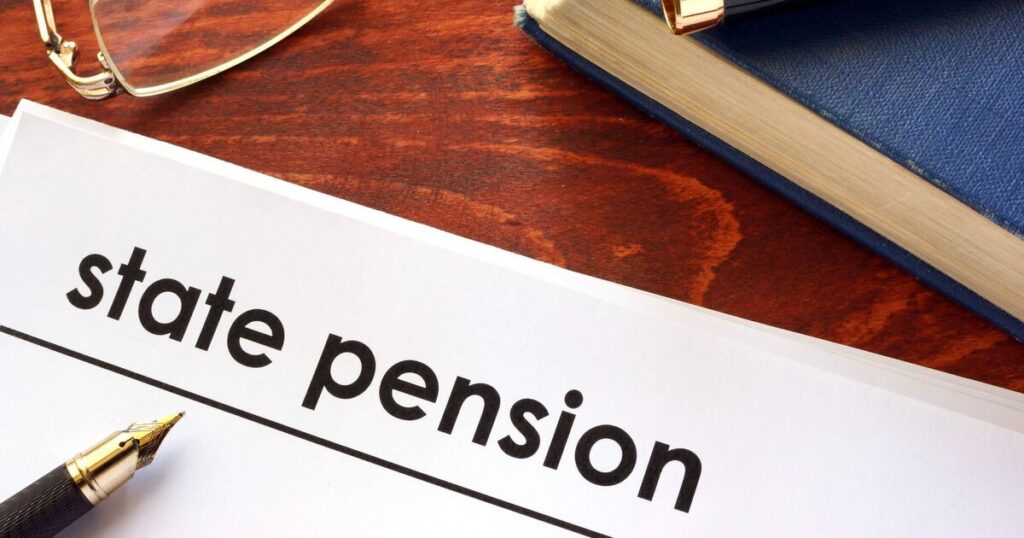
The state pension age may have to increase by eight years, a think tank has warned the government, unless the current state pension system is significantly changed.
The Institute for Fiscal Studies has this week released a new report, The Pensions Review: Final Recommendations, in which it sets out urgent advice for the government for now and in the near-future.
In it, the think tank warns that the state pension age will need to rise to 69 by 2048 and all the way up to 74 by 2068 unless measures are taken to cut spending on state pensions, such as abolishing the triple lock. The IFS says the issue is caused by several factors, including increased life expectancy. Currently, the state pension age is 66 for both men and women, though it’s due to rise to 67 in 2026.
The IFS report says: “The state pension age was 65 for men and 60 for women from 1940 to 2010. Since 2010, it has risen to age 66 for both. Longevity at older ages during the late 20th century and early 21st century has increased dramatically.
For example, between 1975 and 2020 life expectancy of men at age 50 increased by eight years, while the state pension age (for men) increased by just one year, meaning that the time for which men aged 50 could expect to receive the state pension age increased by seven years.”
Labour, in its manifesto, committed to keeping the state pension triple lock in place, and as seen with the winter fuel payments furore, any possible changes to pension-age benefits are likely to be met with serious kickback.
But the IFS in it report on Wednesday, July 2, is urging the government to make changes to state pensions to avoid having to make drastic increases to the state pension age.
It said: “Modelling in the 2022 Independent Review shows that the increases in the state pension age required to keep spending on the state pension below a certain level of national income would also have to be substantial. That modelling shows that to keep public spending on the state pension below 6% of national income while retaining the triple lock, the state pension age would have to rise to 69 by 2048–49 and 74 by 2068–69.
“While we think that the state pension age should rise as longevity at older ages rises, but not by the whole increase in longevity, this still leaves room for different political parties to prioritise increasing, or holding down, the state pension age to different extents. Our proposal is also consistent with, for example, the principle of keeping the ratio of adult life spent above the state pension age constant.”
The 87-page report set out several recommendations on how to fund state pensions in other ways, including getting rid of the triple lock and replacing it with a new ‘four-point guarantee’.
In essence, this would link annual state pension increases to a percentage of full-time wage rate.
It said: “We propose a ‘four-point guarantee’ for the state pension to increase confidence in the state pension as a stable and secure basis of the pension system. This guarantee means that: (1) a clear earnings-linked target for the new state pension should be set to improve predictability and to make sure that pensioner incomes keep up with increases in living standards; (2) the state pension will always increase in line with at least inflation; (3) the state pension will never be means-tested; and (4) the state pension age should continue to increase as longevity at older ages rises, but not by as much as that increase in longevity.”
